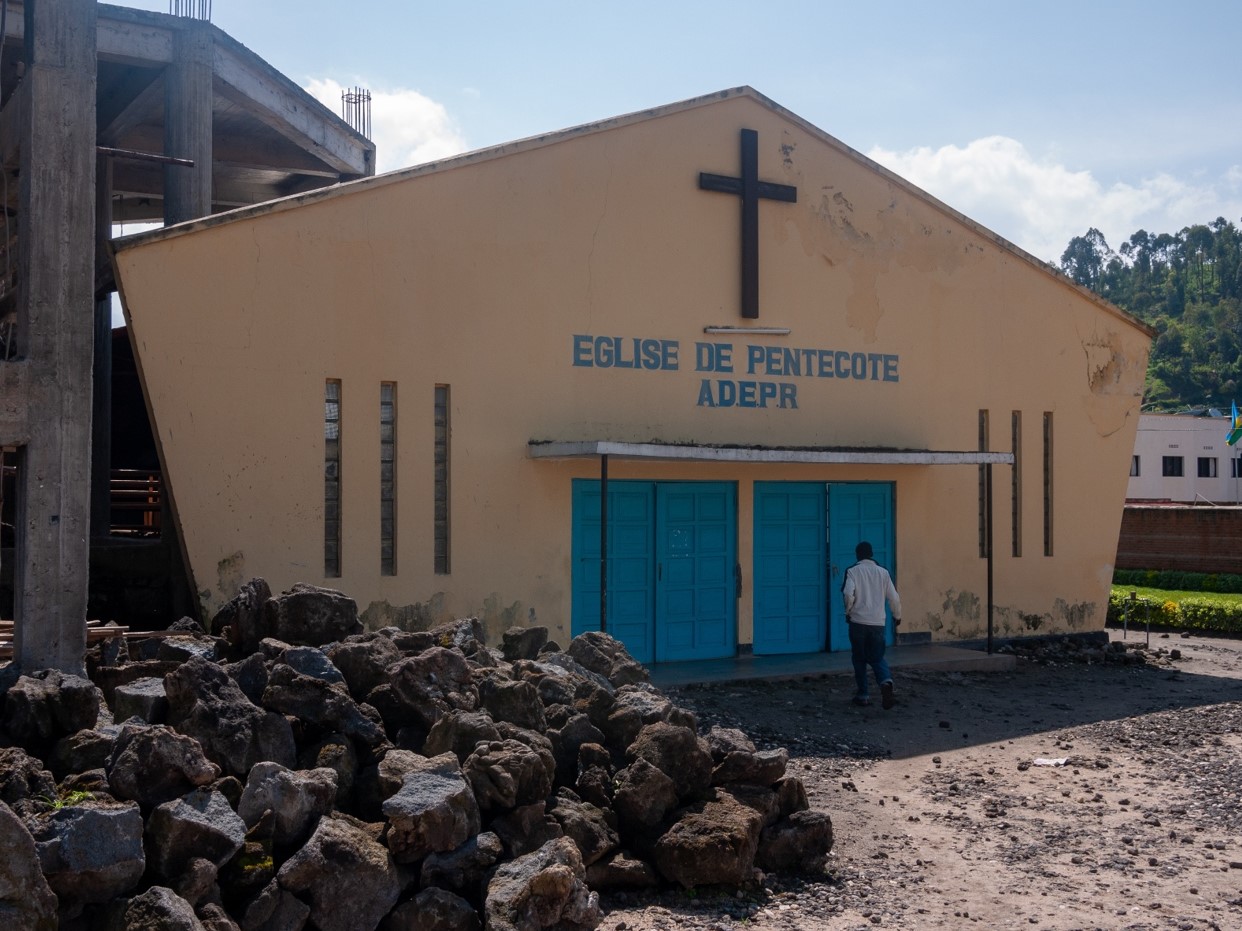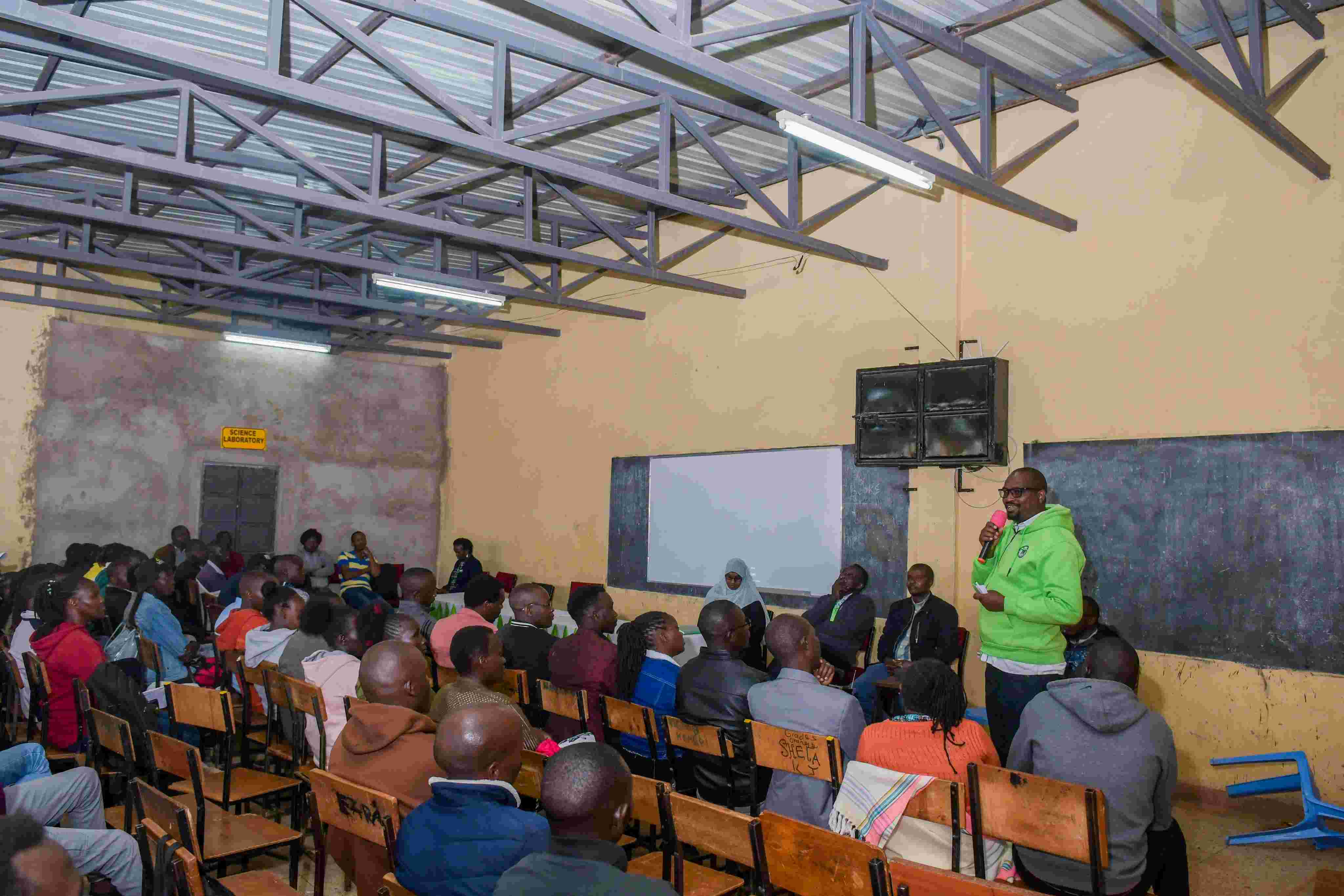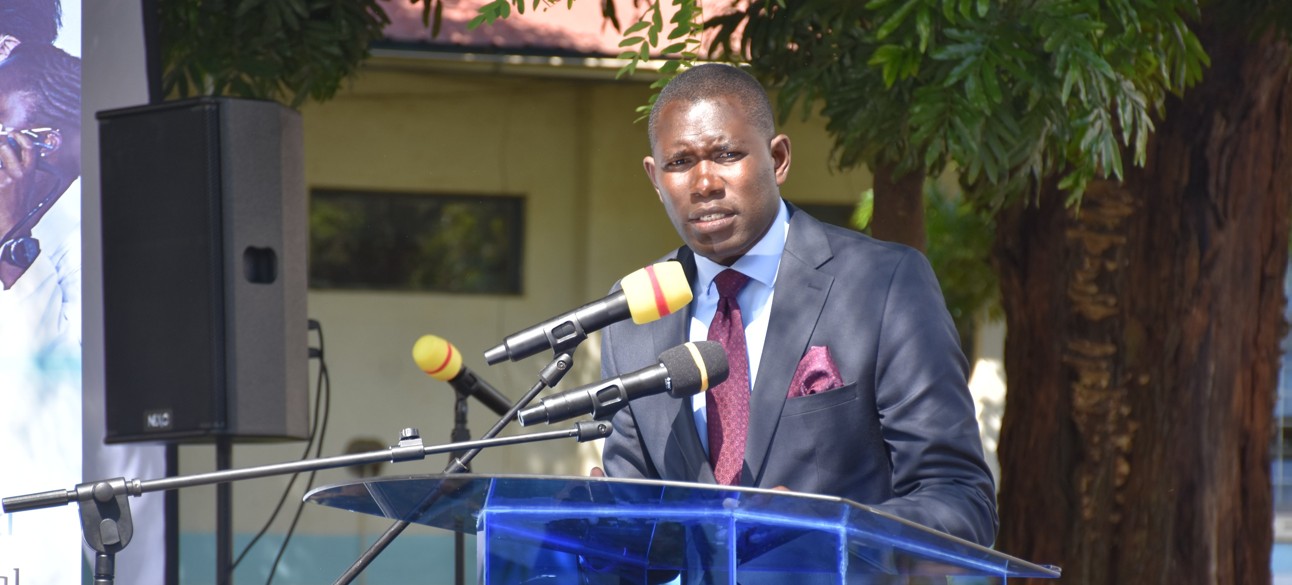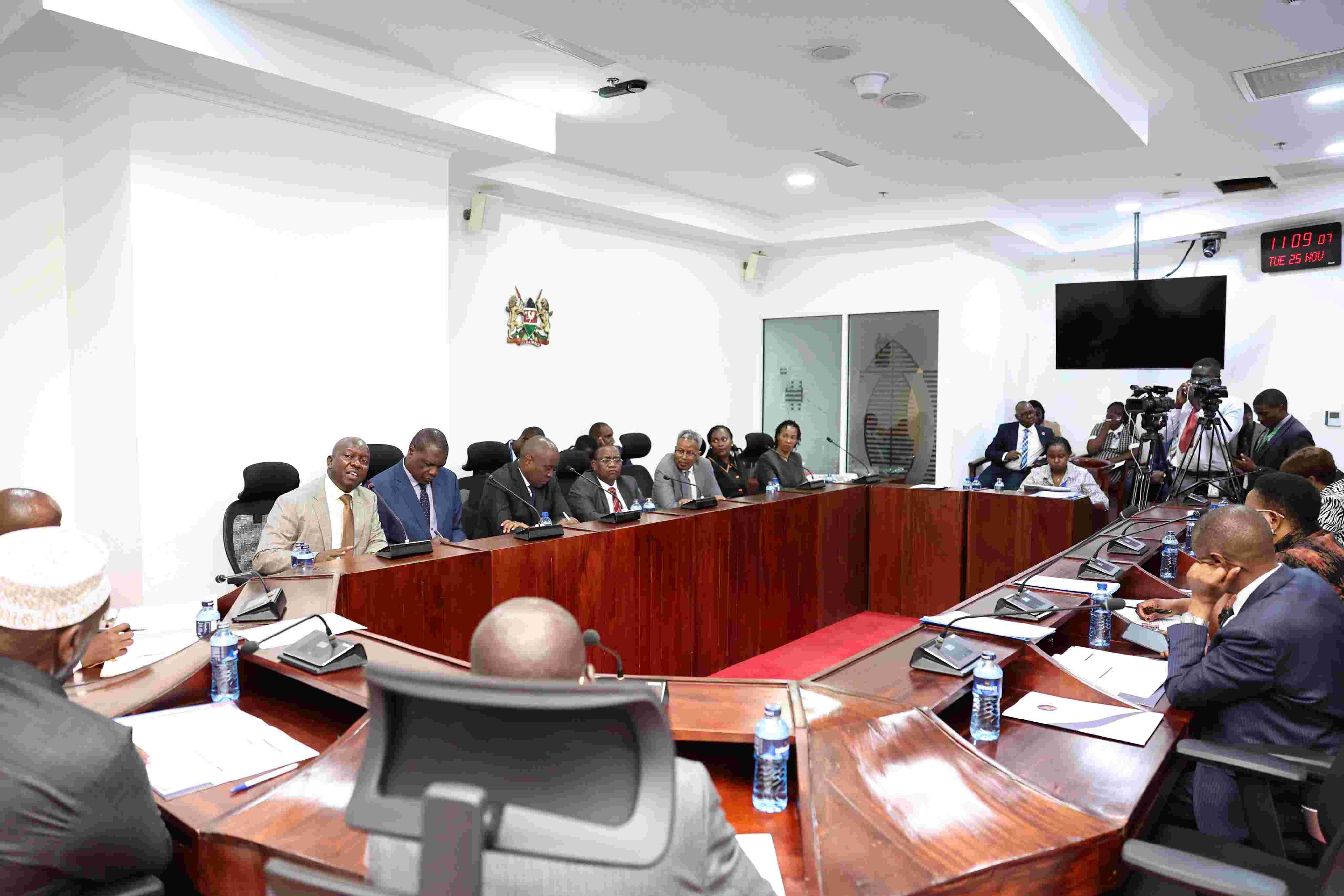Rwanda shuts down nearly 8000 churches for non-compliance with faith-based regulations

For the first time, however, Rwandans have stepped up to openly push back on the closure of churches by the government.
Rwandan authorities have shut down close to 8,000 churches across the country for failing to comply with laws regulating faith-based organisations.
The places of worship closed were found to be operating illegally, while others failed to observe the required standards.
More To Read
- Kagame, Emir of Qatar highlight deepening ties after Kigali visit
- Rwandan, Belgian foreign ministers hold talks to mend ties after months of tension
- Rwanda, DR Congo talks move into ‘phase two’
- Curtain falls on Arsenal deal as Rwanda eyes US tourism market
- Francophonie leaders meet in Kigali to advance women’s leadership
- Rwanda lifts eight-year ban on South African agricultural products
For instance, some failed to install soundproofing and other infrastructure, like a parking lot, while others did not observe the necessary hygienic standards.
The Rwanda Governance Board (RGB), the enforcing body, reports that 7,709 churches have closed in a matter of days due to non-compliance, accounting for 59.3 per cent of the over 13000 churches inspected in the last two weeks.
“The closure of these places of worship came after routine inspections as per our mandate. We had given these churches ample time to improve, but they didn't, so we had to shut them down,” said Usta Kaitesi, the CEO of RGB.
She said several churches were operating without permits and authorisation, which even posed risks to their congregation.
“We have an ongoing inspection plan for faith-based organisations. In 2018, we gave them one year to work on the missing basic infrastructure and sanitary measures, and we gave them five years to address the other requirements, which include the education aspect. After this time elapsed, we held meetings with them on the issues at hand before shutting them down.”
“When we did our routine inspections, we found that things even got worse; many people were even praying from caves, and we found more than 100 caves serving as churches,” said Kaitesi.
For the first time, however, Rwandans have stepped up to openly push back on the closure of churches by the government.
Saying the heavyhandedness was not necessary and that it is largely driven by a silent contempt towards godliness by some people in government.
“I have nowhere to pray from starting this coming Sunday; faith and hope are what some of us have, but even that is taken away. We were expecting good things in this new term; I hope things won’t get bad,” said Mukundane Dativa, one of the congregants whose church was closed.
Antoine Ritayisire, a prominent cleric in Rwanda, stated that the current church closures are an example of legal misuse.
“There are some things people do because they have legal powers, but having such powers shouldn’t be the basis for doing things that will cause distress to people.”
“Our president knows how to address issues that affect his people, and I am confident that he will find a solution even for this one. If people cry about their churches being closed for two months and nothing is done, I will know that something has changed in this new term,” said Rutayisire.
He said that he has observed a tendency among people in government who despise things to do with God, alluding to the possibility that the current church closures are rooted in that disdain.
“We fervently prayed for this country starting in 1994, 95, 96, and 1998, praying for recovery and praying for the war against genociders who invaded certain parts of the country. Even government leaders used to attend these prayers, but now they are even questioning whether there was God’s hand in the country’s recovery.”
Other analysts have taken to TV, radio, and other media outlets to question why the same zeal used in closing churches is not used to close some of the dilapidated and ill-maintained local government administrative structures, some of which are far off from many churches.
In 2018, similar reasons led to the closure of up to 7,000 churches, causing distress among affected believers.
Responding to the issue at the time, President Paul Kagame welcomed the closures but expressed surprise at the number of churches in Kigali, wondering how a small city like Kigali could have 700 churches.
“Are these boreholes providing water to people? I don’t think we have as many boreholes. Do we even have as many factories? This has been a mess!” he commented at a government dialogue in March 2018.
Rwanda is a largely Christian-leaning country, with a large majority of the citizens belonging to the Catholic denomination, but in the last three decades, the number of other denominations, especially Pentecostal churches, has significantly increased across the country.
In 2018, Rwanda passed legislation aimed at regulating faith-based organisations.
Pastors are required by law to hold a theology degree before they may open churches. It also compels faith-based entities to report grants to the regulator, RGB.
Any financial support for a faith-based organisation in Rwanda must go through the organisation's bank or financial institution account.
At the time of its enactment, lawmakers argued that the new legislation would create order and control the mushrooming of churches, some of which are formed by pastors driven by greed.
The law gave churches a grace period of five years to align with its requirements, and the five years elapsed last year, hence the crackdown.
Top Stories Today












































